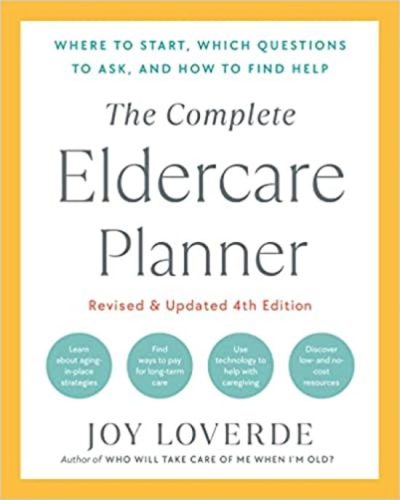Everybody is “right.” You’re right and the person you are caring for is right. No matter what the situation, everybody feels like they are the one who is right.
But hold on. Whose life is it anyway? It doesn’t matter if what you have to say is “the truth.” It doesn’t matter if you have the correct answer or are the voice of reason. Imposing your will, offering unsolicited advice, doing too much, forcing your values, and coming across as the experts in your elder’s life will only result in your being perceived as manipulative and overbearing, rather than loving and caring.
I’m not talking about unsafe situations – like compromised driving and insisting on aging-in-place when it is no longer safe to do so. I’m talking about the little things. Perhaps they do not want to attend a family gathering. Or they are currently refusing to wear a hearing aid.
Think about a situation right now where you are insisting on having it your way. Your stomach is tied up in knots, and the air is thick with anger – on both sides.
If the situation is serious, and your elders are close-minded about anything you have to say, and you want to get the relationship and conversations back on track, brush up on your communication skills by reviewing the Communicaring Chapter in The Complete Eldercare Planner.
In the meantime, here’s a quick assessment of your current communication style and approach. Ask yourself these questions:
Am I trying to do for my elder what he or she can do for himself or herself?
Am I being sensitive to his or her issues of loss?
Am I struggling with my own issues of loss?
Am I keeping his or her autonomy in mind in solving this problem?
Am I making assumptions about what I think he or she needs?
Am I really listening?
Am I being open-minded?
Am I driving the conversation by asking questions rather than giving unsolicited advice?
Do I know enough about this subject to offer an opinion?
Am I empowering my elder to solve his or her own problems?
Am I communicating caring?


